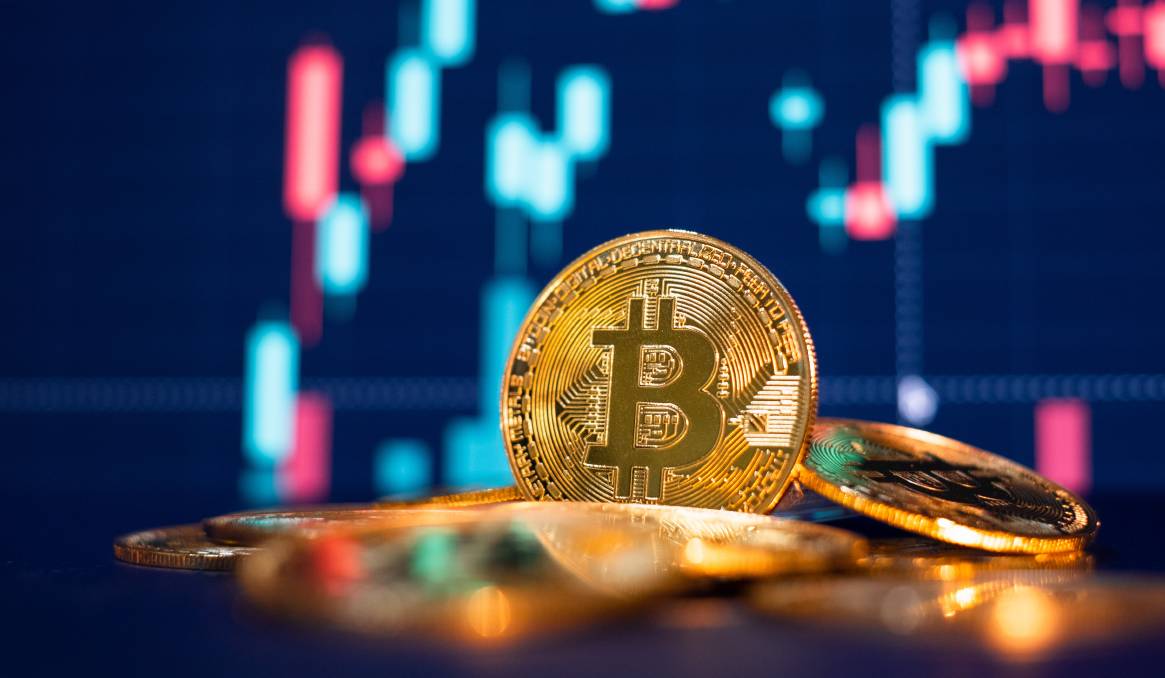Bitcoin’s Next Surge? China’s Economic Moves May Hold the Key
28.09.2024 9:00 1 min. read Kosta Gushterov
Over the past eight years, Bitcoin’s price has shown a consistent positive correlation with the People’s Bank of China's (PBOC) balance sheet.
Data from TradingView reveals that the 30-day correlation between Bitcoin and the PBOC stands at 0.66, except for brief periods in 2016 and late 2022-2023. Meanwhile, Bitcoin’s correlation with the U.S. Federal Reserve has dropped to a historic low of -0.88.
This trend is particularly relevant as the PBOC recently announced plans to inject 1 trillion yuan ($142 billion) into major state banks to bolster China’s economy.
Alongside this, the central bank lowered key interest rates, signaling a broad stimulus effort that may indirectly boost Bitcoin prices.
Bitcoin has already gained over 10% this month, reflecting optimism in global markets. Analysts suggest that China’s economic actions could funnel more investment into blockchain and crypto-related industries.
Additionally, some experts believe the stimulus will benefit riskier assets across the board, as investor sentiment shifts towards a more bullish outlook.
-
1
Bitcoin: What to Expect After Hitting a New All-time High
10.07.2025 14:00 2 min. read -
2
Peter Brandt Issues Cautious Bitcoin Warning Despite Bullish Positioning
10.07.2025 20:00 2 min. read -
3
Vanguard Now Owns 8% of Michael Saylor’s Strategy, Despite Calling BTC ‘Worthless’
15.07.2025 17:09 2 min. read -
4
Standard Chartered Becomes First Global Bank to Launch Bitcoin and Ethereum Spot Trading
15.07.2025 11:00 1 min. read -
5
What’s The Real Reason Behind Bitcoin’s Surge? Analyst Company Explains
12.07.2025 12:00 2 min. read
Ethereum Spot ETFs Dwarf Bitcoin with $1.85B Inflows: Utility Season in Full Swing
Ethereum is rapidly emerging as the institutional favorite, with new ETF inflow data suggesting a seismic shift in investor focus away from Bitcoin.
Ethereum Flashes Golden Cross Against Bitcoin: Will History Repeat?
Ethereum (ETH) has just triggered a golden cross against Bitcoin (BTC)—a technical pattern that has historically preceded massive altcoin rallies.
Bitcoin Banana Chart Gains Traction as Peter Brandt Revisits Parabolic Trend
Veteran trader Peter Brandt has reignited discussion around Bitcoin’s long-term parabolic trajectory by sharing an updated version of what he now calls the “Bitcoin Banana.”
Global Money Flow Rising: Bitcoin Price Mirrors Every Move
Bitcoin is once again mirroring global liquidity trends—and that could have major implications in the days ahead.
-
1
Bitcoin: What to Expect After Hitting a New All-time High
10.07.2025 14:00 2 min. read -
2
Peter Brandt Issues Cautious Bitcoin Warning Despite Bullish Positioning
10.07.2025 20:00 2 min. read -
3
Vanguard Now Owns 8% of Michael Saylor’s Strategy, Despite Calling BTC ‘Worthless’
15.07.2025 17:09 2 min. read -
4
Standard Chartered Becomes First Global Bank to Launch Bitcoin and Ethereum Spot Trading
15.07.2025 11:00 1 min. read -
5
What’s The Real Reason Behind Bitcoin’s Surge? Analyst Company Explains
12.07.2025 12:00 2 min. read


